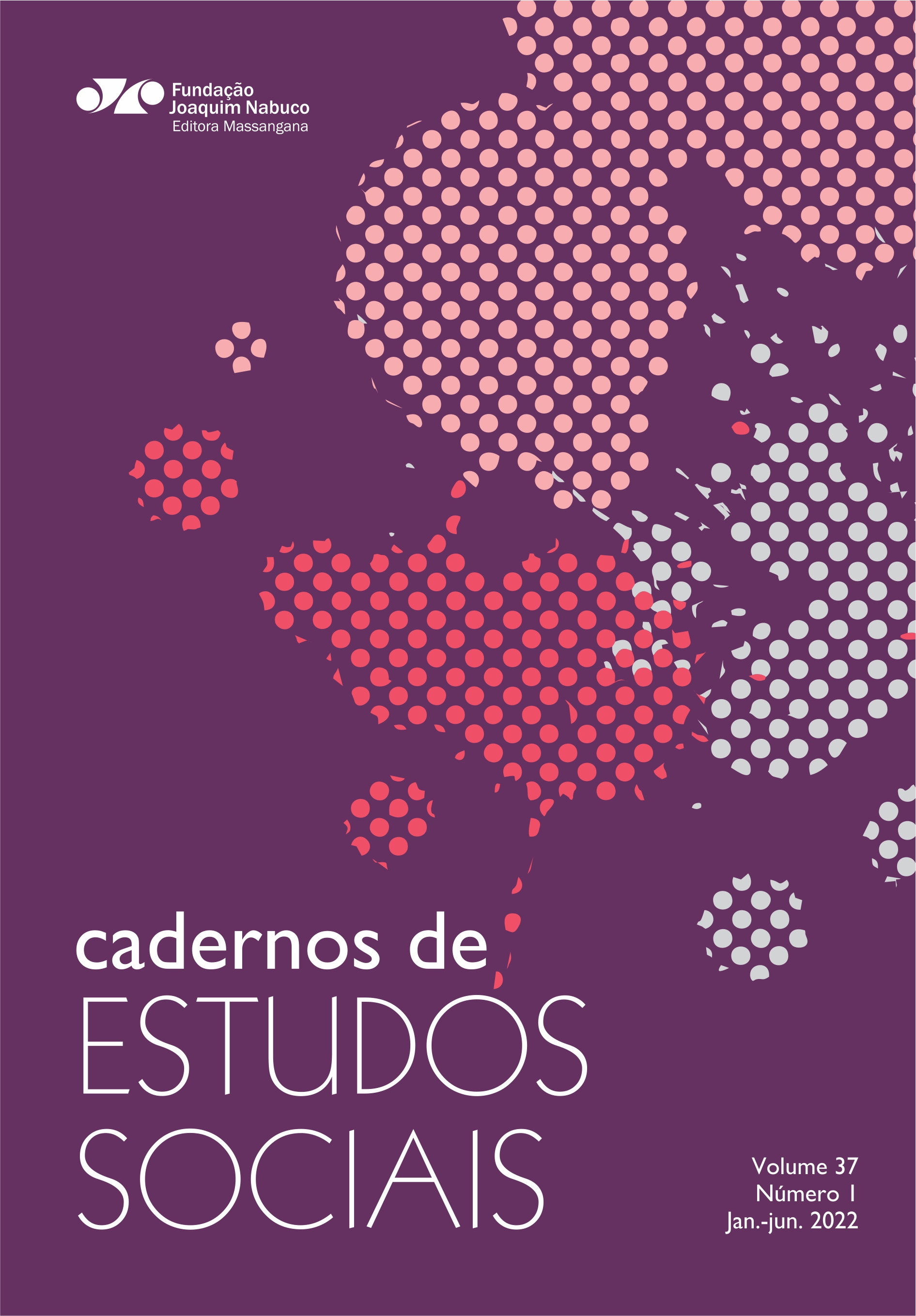FALAR DE AMOR EM TEMPOS DE CÓLERA
A PANDEMIA PELA COVID 19 E O AMBIENTE FACILITADOR À VIDA COMO PRINCÍPIO DE POLÍTICAS PÚBLICAS CUIDADORAS
DOI:
https://doi.org/10.33148/CESv37n1(2022)2112Resumo
O artigo trata da importância do reconhecimento do Paradigma do Cuidado em contraposição ao da Dominação, como balizador das ações para atenção integral às brasileiras e brasileiros desde a sua primeiríssima infância. Discute o ambiente tóxico que permeia a pandemia da covid-19, causada pelo vírus SARS-CoV-2 que amplia as desigualdades e impacta o sofrimento e o empobrecimento da população. Aponta o atual contexto político nacional como provedor de violências, em diversas facetas. Traz o amor como emoção fundamental na história da evolução humana, e na relação homem-natureza, sinalizando o valor de políticas públicas, em particular, aquelas permeadas pelo cuidado essencial como fundamento do ambiente facilitador à vida, princípio criado pela Estratégia Brasileirinhas e Brasileirinhos Saudáveis presente na Política Nacional de Atenção Integral à Saúde da Criança e Aleitamento Materno no âmbito do Sistema único de Saúde: pelo cuidado em todas as políticas.
PALABRAS-CHAVE: Covid-19. Empatia. Ambiente e Saúde Pública. Política Pública. Atenção Integral à Saúde.
Downloads
Downloads
Publicado
Como Citar
Edição
Seção
Licença
Copyright (c) 2023 Autor, concedendo à revista o direito de primeira publicação

Este trabalho está licenciado sob uma licença Creative Commons Attribution 4.0 International License.
Autores que publicam nesta revista concordam com os seguintes termos:
- Autores mantém e retém os direitos autorais. Os mesmos concedem à revista o direito de primeira publicação, com o trabalho simultaneamente licenciado sob a Licença Creative Commons Attribution que permite o compartilhamento do trabalho com reconhecimento da autoria e publicação inicial nesta revista.
- Autores têm autorização para assumir contratos adicionais separadamente, para distribuição não-exclusiva da versão do trabalho publicada nesta revista (ex.: publicar em repositório institucional ou como capítulo de livro), com reconhecimento de autoria e publicação inicial nesta revista.


